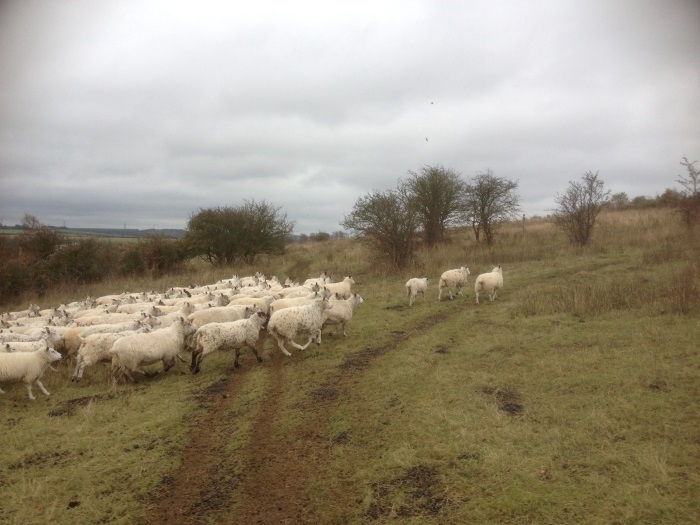The latest import and export statistics from HM Revenue and Customs for the first half of 2017 contain excellent news for the sheep sector.
According to HMRC, imports of lamb into the UK market – primarily from New Zealand – fell by 15% when compared to the same period last year. At the same time the value of lamb exports from the UK, to which Wales is a major contributor with around a third of the UK sheep flock and the strong presence of the PGI Welsh Lamb brand in international markets, soared by 25% to £177.3 million.
According to Welsh red meat body Hybu Cig Cymru – Meat Promotion Wales (HCC), the excellent trade performance is due to a combination of weaker Sterling and strong demand in key export markets for premium products such as Welsh Lamb.
“These figures are undoubtedly good news for the Welsh lamb industry,” said HCC chairman Kevin Roberts. “The decline in imports from New Zealand is welcome, showing that UK retailers are responding to their consumers’ demand for high-quality home-produced meat.”
Mr Roberts added; “These export figures are also a major boost. It’s encouraging to see substantial 29% growth in sales to Germany, for instance, where HCC has mounted successful promotional campaigns for PGI Welsh Lamb over recent years in the country’s huge foodservice and catering sector.”
However, Kevin Roberts warned that the figures reinforced the imperative need to maintain free and unfettered access to EU markets for Welsh Lamb.
“The HMRC statistics show that, aside from some growth in emerging markets such as Hong Kong, the vast majority of the increased exports in 2017 have come in EU countries such as France and Belgium, where the Welsh Lamb brand is well-known and respected,” he said.
“HCC stands ready to work with the industry to exploit new opportunities in the USA and elsewhere if and when long-running diplomatic negotiations to open those markets come to fruition, but at present well over 90% of our exports are to the EU,” he warned. “These export figures represent a success story, but Welsh farmers need fair access to EU markets in order to maintain this momentum after Brexit in March 2019.”


